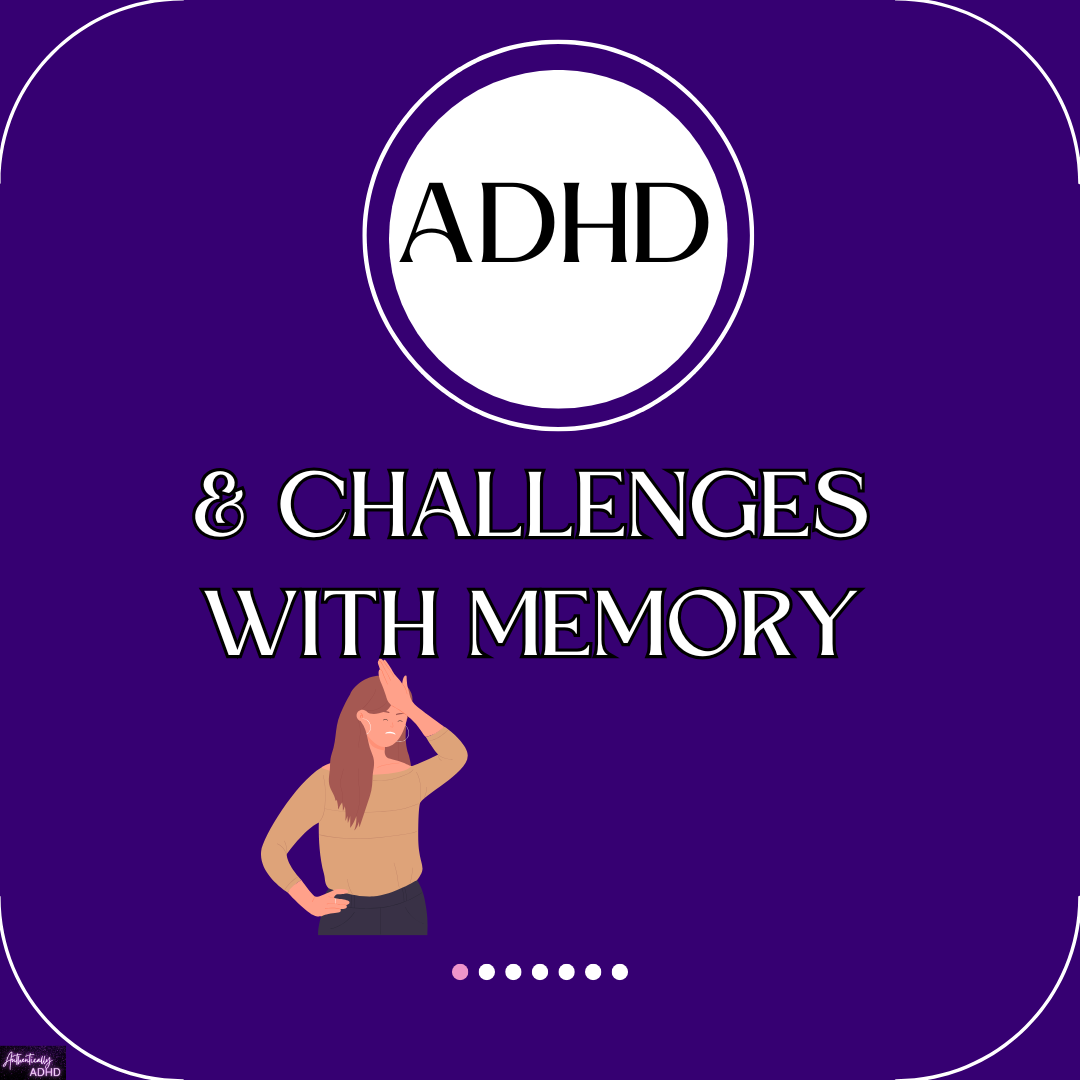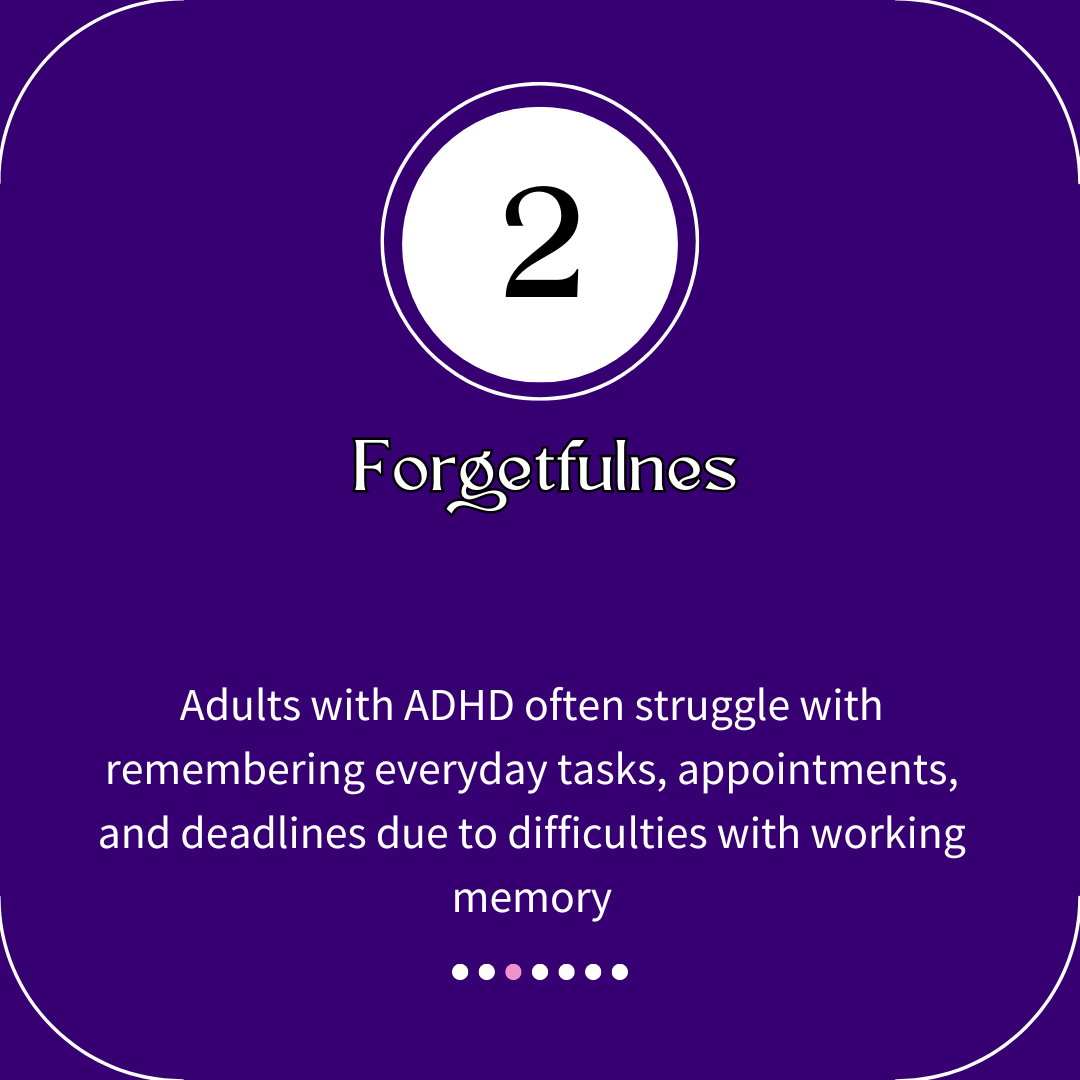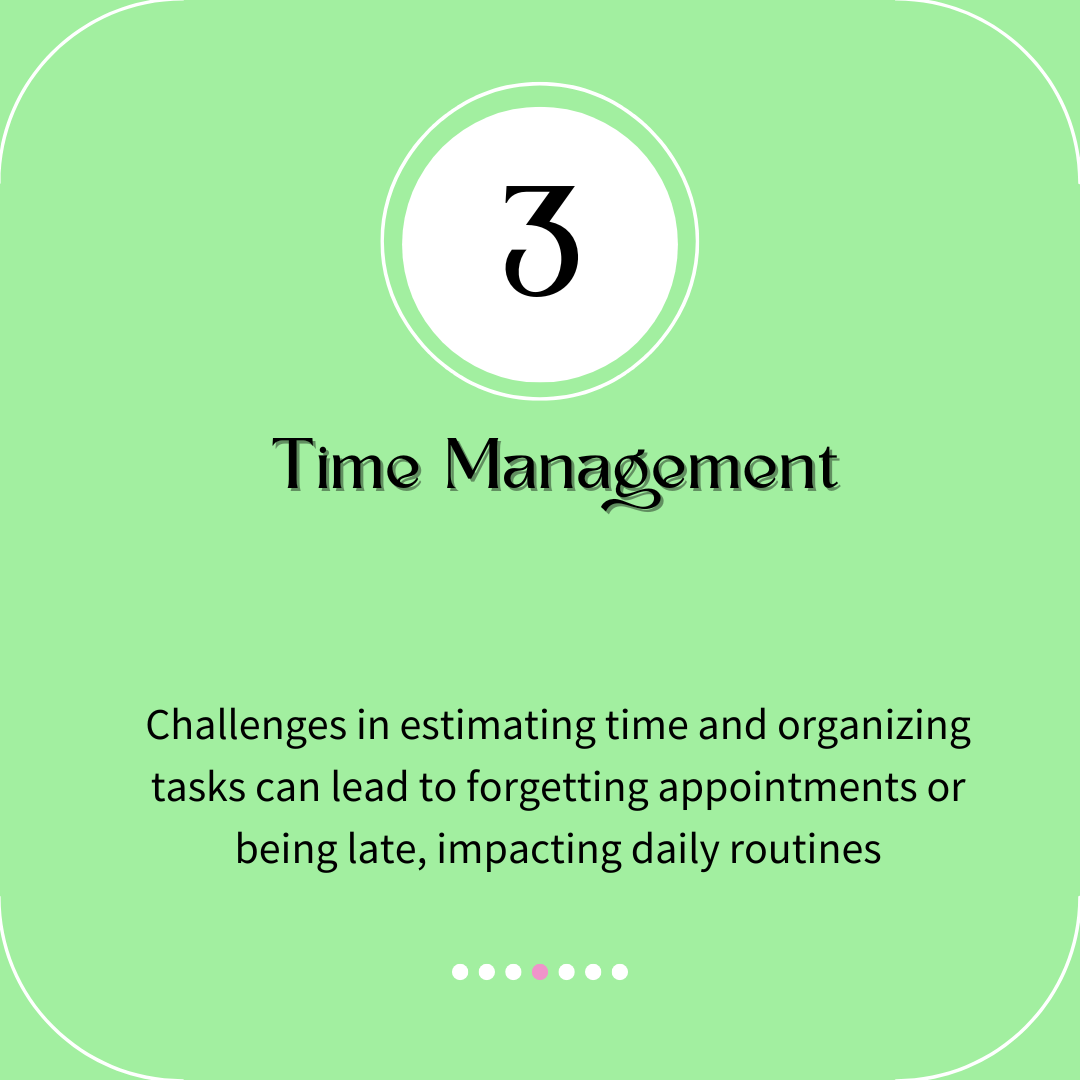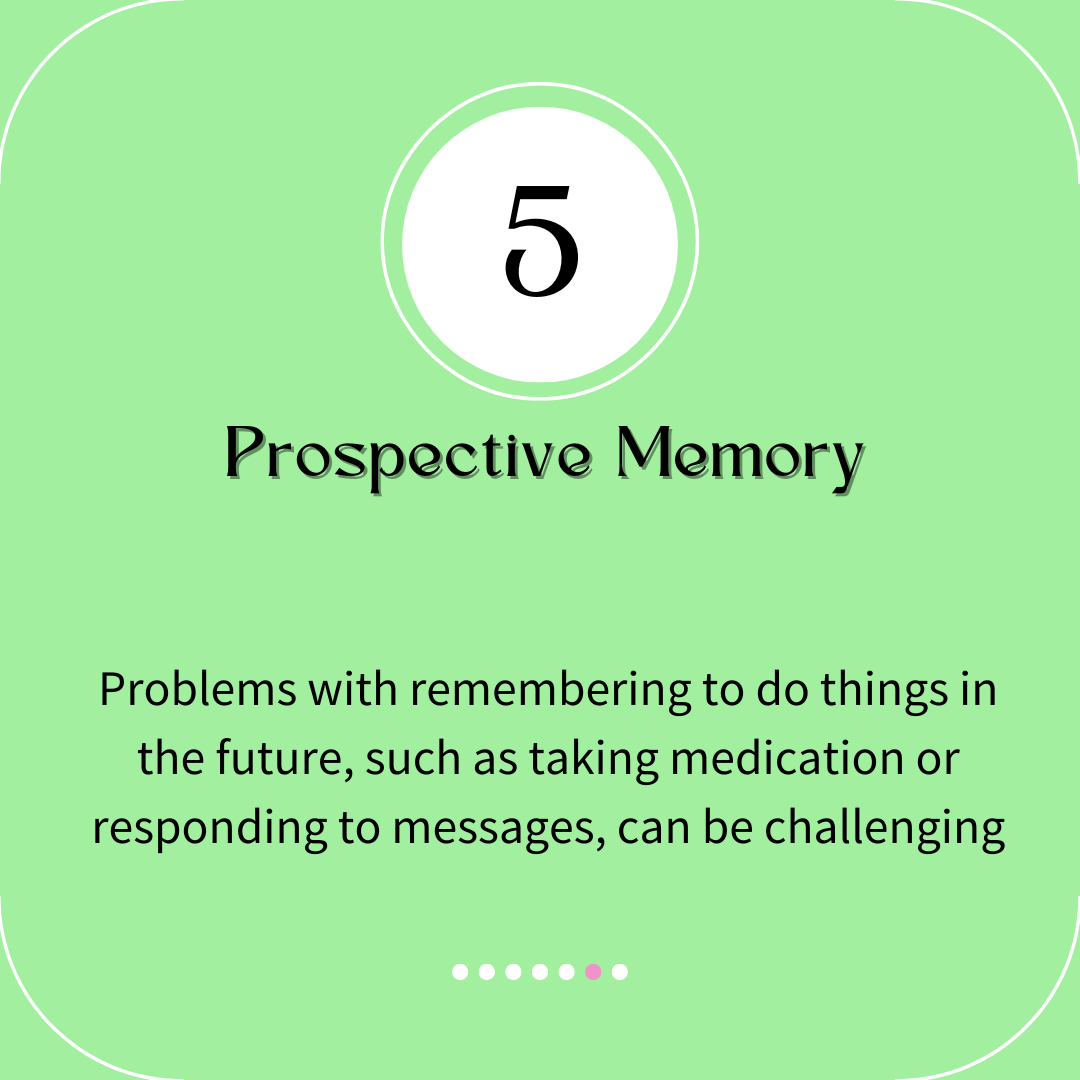Memory can feel like an elusive, slippery concept for anyone, but for individuals with ADHD, managing memory is especially challenging. Forgetfulness, trouble recalling details, and difficulty organizing thoughts are common struggles. But why exactly does ADHD impact memory, and what can you do to manage it better?
Understanding the ADHD-Memory Connection
Attention Deficit Hyperactivity Disorder (ADHD) is not just about hyperactivity or attention deficits; it's closely linked to impairments in the executive functioning of the brain—particularly in areas responsible for working memory and recall. Executive functions are cognitive processes that include organizing, prioritizing, managing time, and remembering information—essentially, all the tasks your brain needs to perform to stay on top of everyday life.
The Neuroscience Behind Memory Challenges in ADHD
Research indicates that memory issues in ADHD primarily stem from disruptions in working memory and executive functioning. Working memory, often described as the brain’s "scratchpad," holds temporary information needed to complete immediate tasks. A 2020 study published in the journal Neuropsychology Review highlights that individuals with ADHD frequently show reduced activity in the prefrontal cortex and basal ganglia, areas crucial for working memory and attention regulation.
Moreover, dopamine—the neurotransmitter responsible for reward and motivation—plays a critical role in attention and memory. ADHD brains typically exhibit irregular dopamine regulation, resulting in less reliable memory function. According to neuroscientist Dr. Russell Barkley, working memory impairments significantly impact the ability of individuals with ADHD to sustain attention, follow through on tasks, and manage time effectively.
Types of Memory Affected by ADHD
1. Working Memory
Difficulty holding information temporarily, like directions or instructions.
Challenges keeping track of conversations or reading material.
2. Long-Term Memory
Struggles with recall due to ineffective encoding processes.
Difficulty retrieving information, even if previously known or studied.
3. Prospective Memory
Trouble remembering future tasks like appointments, deadlines, or taking medication.
Proven Strategies to Improve Memory with ADHD
While ADHD-related memory challenges can seem overwhelming, practical strategies backed by neuroscience can significantly help:
1. Chunking Information
Chunking involves breaking large amounts of information into smaller, manageable units. Research has shown chunking enhances working memory capacity, making it easier for individuals with ADHD to recall complex information.
2. External Memory Aids
Using visual aids like planners, calendars, and reminders can offload cognitive demands from your working memory. Smartphone apps, color-coded notes, and physical reminders placed strategically around your environment can dramatically boost your memory retention.
3. Mindfulness and Meditation
Studies, such as those published in Frontiers in Human Neuroscience, have indicated that mindfulness training can increase attention regulation, executive functioning, and working memory by strengthening neural pathways.
4. Physical Activity
Regular physical activity boosts dopamine and norepinephrine levels, enhancing attention and executive functioning. Even short bouts of aerobic exercise can significantly improve cognitive performance in individuals with ADHD.
Building a Memory-Friendly Lifestyle
Living with ADHD means proactively shaping your environment and habits to support your memory:
Consistent Routines: Creating predictable patterns helps reduce cognitive load.
Sleep and Nutrition: Healthy habits ensure optimal brain function and memory consolidation.
Social Support: Engaging with friends, family, or support groups provides accountability and external reminders.
Conclusion
Memory challenges in ADHD stem from real, neurological differences—not personal failure. Understanding these challenges empowers you to implement science-backed strategies to enhance your memory capabilities. With the right tools and support, individuals with ADHD can thrive, manage memory more effectively, and live fulfilling, organized lives.







